Tag: Green growth
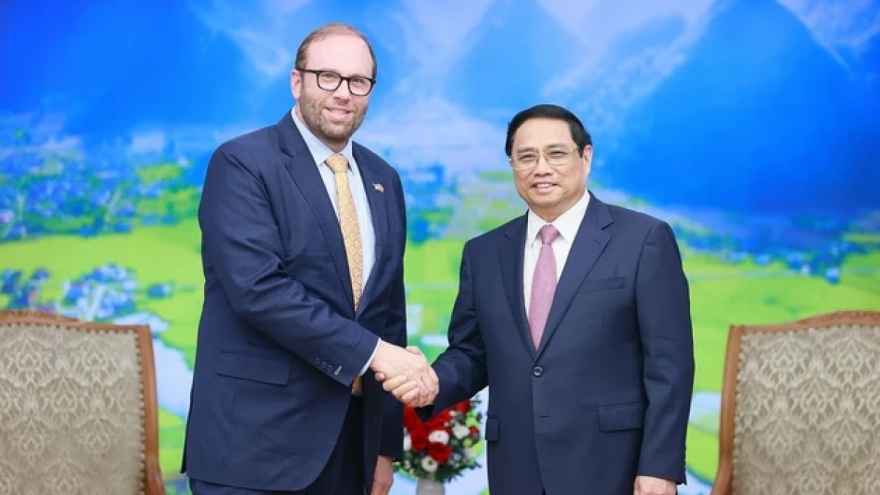
Prime Minister receives US House of Representatives delegation
VOV.VN - Prime Minister Pham Minh Chinh hosted a reception for a delegation from the US House of Representatives led by Chairman of its Ways and Means Committee Jason Smith, in Hanoi on August 4.

Vietnam, WB enhance partnership in climate change response for green growth
Minister of Natural Resources and Environment Dang Quoc Khanh has hailed the World Bank (WB)’s effective cooperation with Vietnam, especially in climate change response, green growth and environmental protection.

Vietnam hopes for stronger cooperation with WB in sustainable clean energy
Deputy Minister of Industry and Trade Phan Thi Thang on July 4 expressed her hope that Vietnam and the World Bank (WB) will step up their cooperation in the time ahead, prioritising the improvement of energy efficiency and sustainable clean energy.
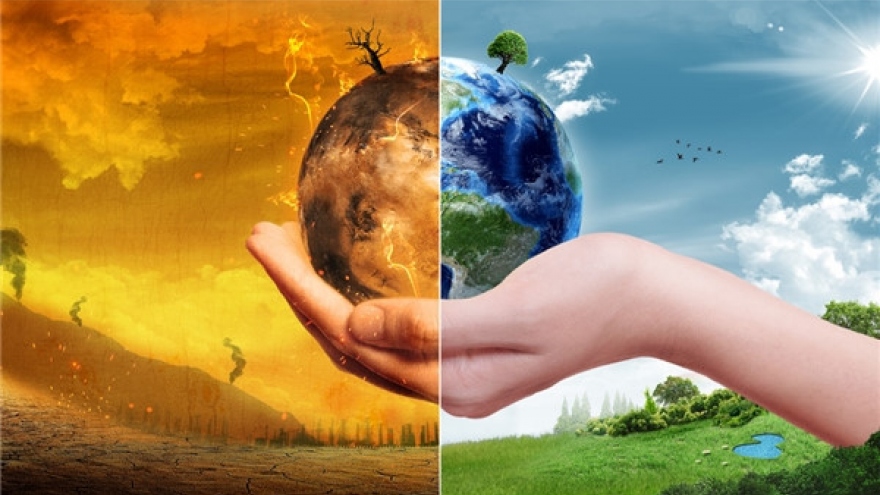
Vietnam attends New Global Financial Pact Summit
VOV.VN - Vietnamese Deputy Prime Minister Tran Hong Ha will attend an international summit for a New Global Financing Pact to be held in Paris, France, on June 22-23.

Deputy PM stresses need to encourage use of electric vehicles
Deputy Prime Minister Tran Hong Ha stressed the need to incentivise the conversion of fossil fuel-powered vehicles to electric vehicles and other types of clean energy.
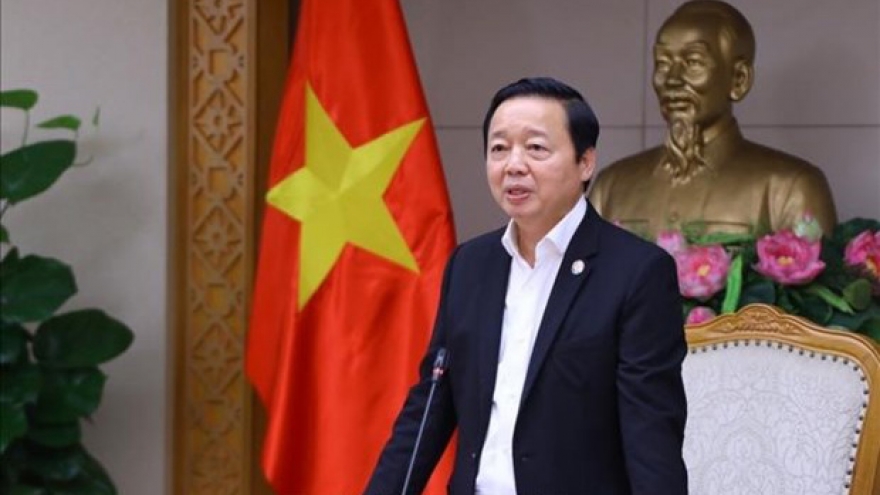
Steering committee seeks solutions to realise green growth targets
The national steering committee for green growth should work out specific solutions to realise green growth targets based on the country’s socio-economic conditions, Deputy Prime Minister and head of the committee Tran Hong Ha said at the committee’s first meeting on May 30.
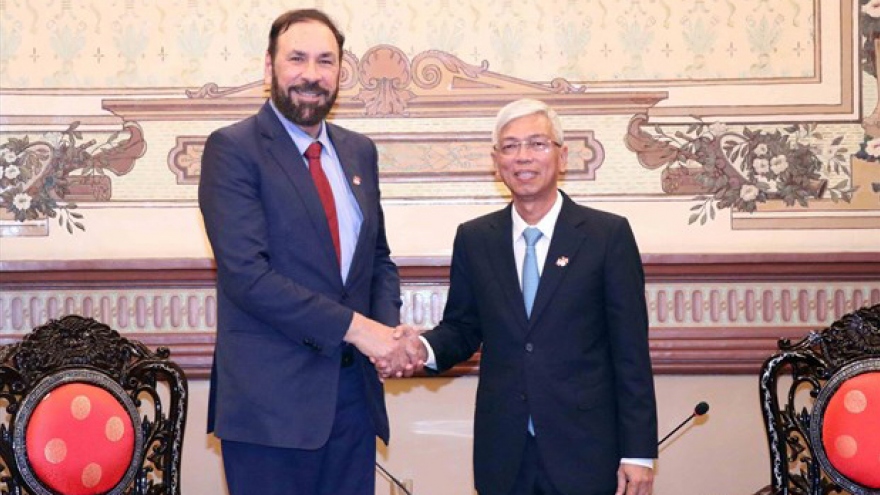
HCM City, British Columbia eye stronger trade and investment ties
Vice Chairman of the Ho Chi Minh City People’s Committee Vo Van Hoan on May 25 hosted a reception for Jagrup Brar, Minister of State for Trade at the Ministry of Jobs, Economic Development and Innovation in the Canadian province of British Columbia, where they discussed orientations to promote trade and investment cooperation.

Slovenian Foreign Minister visits Ho Chi Minh City
VOV.VN - Slovenian Deputy Prime Minister and Minister for Foreign and European Affairs Tanja Fajon arrived in Ho Chi Minh City on May 22, beginning an official two-day visit to Vietnam at the invitation of Minister for Foreign Affairs of Vietnam Bui Thanh Son.

Business community strives toward green growth
Green growth has become an inevitable choice and a goal that every country is aiming for.
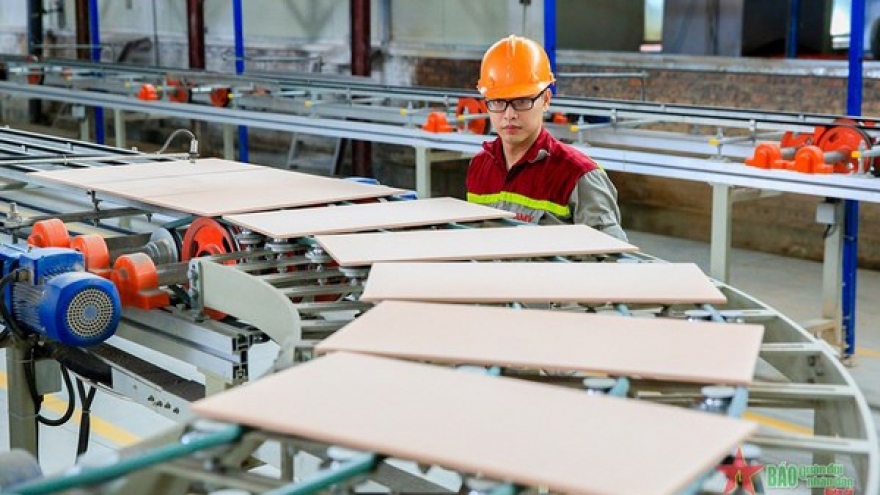
Private sector’s engagement needed for Vietnam to promote green growth: Experts
The engagement of the private sector in green and sustainable growth is crucial for Vietnam to complete its target of achieving net-zero emission and raising the green economy scale to US$300 billion in the total national GDP value in 2050, according to experts.
